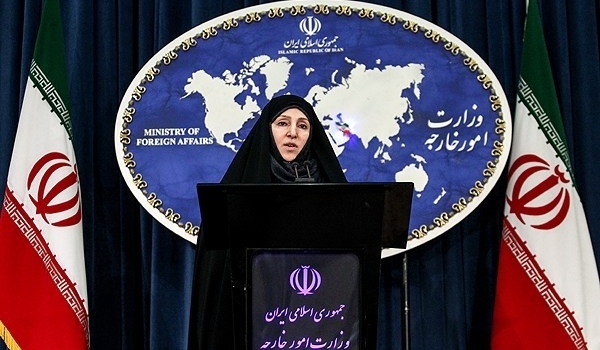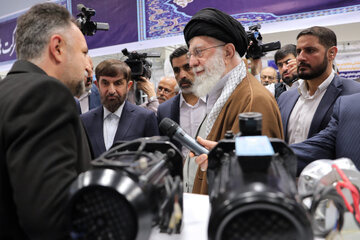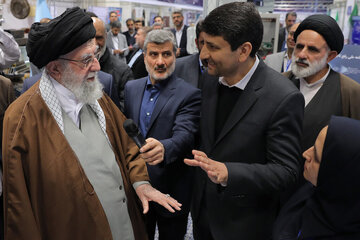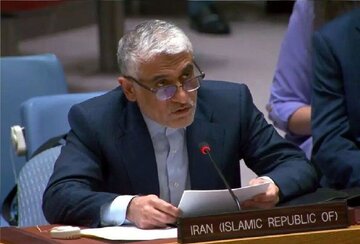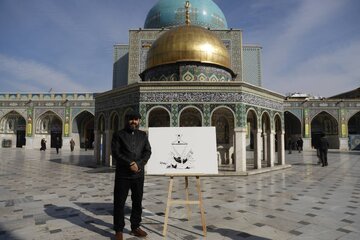"Insistence of the United States and some other countries in continuing that wrong policy and continuing a strategic mistake has no outcome, but further destroying of regional nations' homes and getting killed of more innocent people," Marziyeh Afkham said on Sunday.
She also criticized the UN silence about such move, stressing that the simplest way to fight against terrorism in Syria is that the US and its allies abide by the UN Security Council resolutions, and halt the financial and logistical support for the armed groups in Syria.
In October, Iranian Deputy Foreign Minister for Arab and African Affairs Hossein Amir Abdollahian once again expressed Tehran's concern about the negative impacts of arms shipments to Syrian rebels by certain western states and their regional allies.
Amir Abdollahian pointed out that Iran has always been calling for a political solution to the crisis in Syria, and in many occasions has mentioned the importance of an immediate halt to the flow of weapons and terrorists into the Muslim country.
He also urged all the involved parties in the Syrian conflict to reach an agreement within the framework of a comprehensive national dialogue.
Syria was hit by a violent unrest since mid-March 2011, where the Syrian government accuses foreign actors of orchestrating the conflict by supporting the militant opposition groups with arms and money.
Early in March, a ranking member of the US marine troops deployed in Afghanistan told FNA that the Pentagon made the decision to send a major part of its light and semi-heavy weapons systems and military equipment to the Syrian rebels along with its pullout from Afghanistan when the former US Defense Secretary, Leon Panetta, was still in office.
"The decision to send our arms and weapons systems in Afghanistan to the rebel groups in Syria was originally made when the former US Secretary of Defense was in his final days of office, yet the Pentagon has also received the approval of the new Secretary, Chuck Hagel, as well," said the source who asked to remain anonymous due to the sensitivity of his information.
"One of these cargos consists of the light and semi-heavy military tools, equipment and weapons that the US army has gathered and piled up in Kandahar Base and plans to send them to the rebels in Syria in the form of several air and sea cargos and through Turkey and specially Jordan," he explained.
"These weapons and arms systems include anti-armor and missile systems, rocket-launchers and rockets and tens of armored Humvees," the source added, explaining that senior war strategists in the Pentagon believe that they can change the scene of the war in Syria in the interest of the rebel groups with the help of these cargos, specially the shoulder-launched missile systems and the multipurpose Humvee vehicles.
The High Mobility Multipurpose Wheeled Vehicle (HMMWV), commonly known as the Humvee, travels as fast as 150 kilometers per hour under different weather conditions and in various geographical climates, and various types of machineguns, rocket-launchers and weapons systems can be mounted on this vehicle.
As the US continues its pullout from Afghanistan, rebels in Syria have failed to make any more advancement and the US, EU, Saudi Arabia and Qatar were forced to soften their tone on the future of the almost two-year-long conflict in the country after they found that the war of attrition has rather worked in the interest of President Assad and his troops.
This, military experts say, has apparently made the US change the war strategy in Syria and open new fronts in the country.

